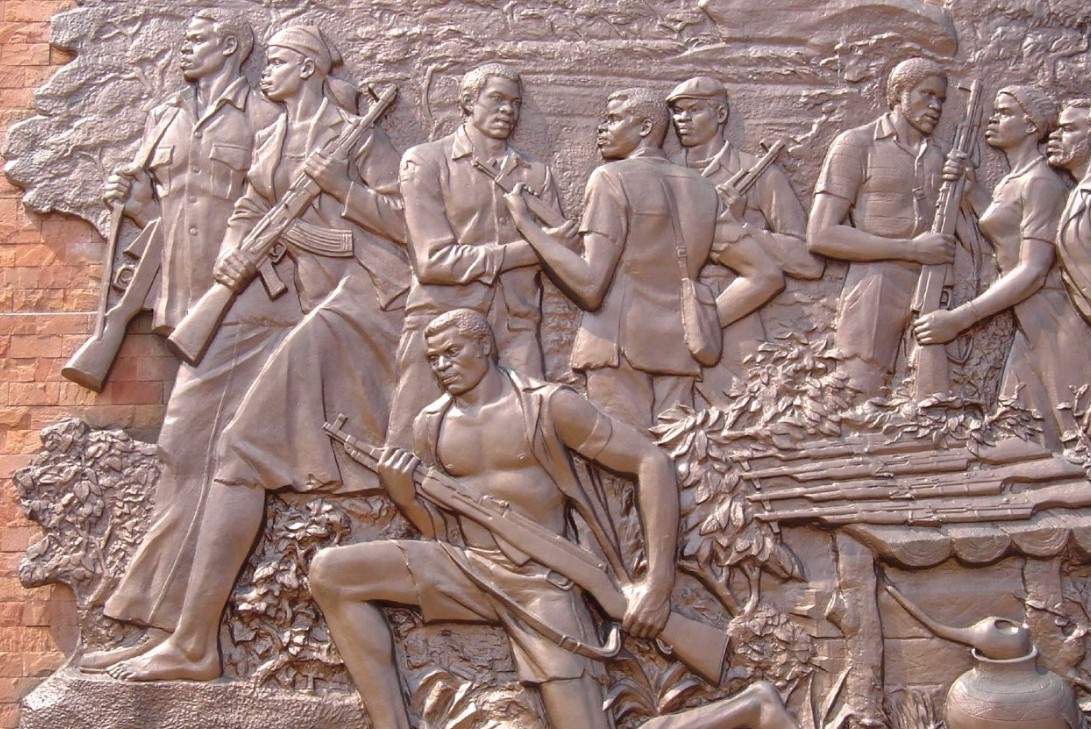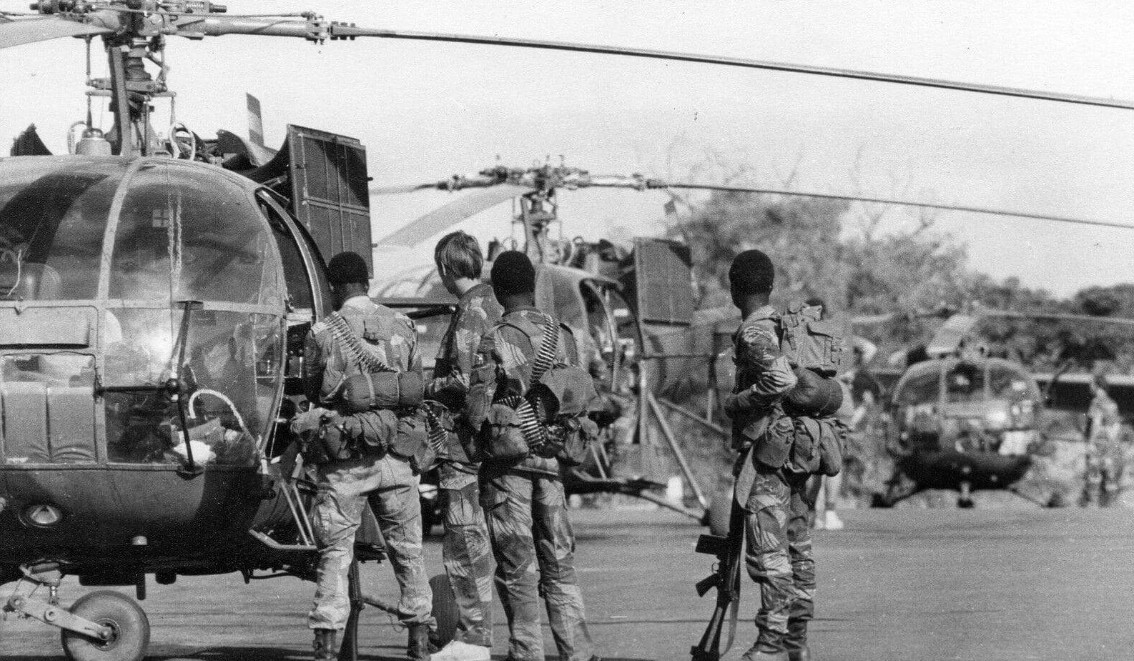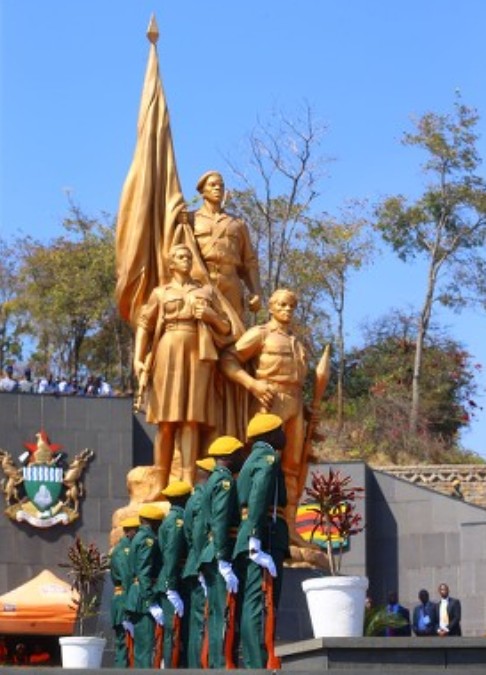Heroism

The national holiday this week, Heroes’ Day, remembers fallen freedom fighters and their surviving, now-elderly brothers and sisters.
In the words of the ancient Chinese masters, a guerrilla must swim like a fish in the shoal of the oppressed. Fight when victory is certain, retreat when it is not. Have the speed of a rabbit and the caution of a virgin. The enemy can achieve nothing during his continual, crippling use of the force of arms.
I often used to wonder how Kandaya felt when we were closing in on him. We had the helicopters, the radios and superior firepower.
But Kandaya had stealth on his side. Some said he had the moral high ground too. My kin came to this part of the world with the early European settlers and, quite frankly, all of this was really none of my doing, none of my choosing.
Yet we were stuck with it now, Kandaya and me. Somehow we had to end what my people began with his.
He lay in ambush for me. I lay in ambush for him. I doubted whether his killing me would do anything to alter the course of history. I doubted my killing him would either.
We were about the same age, Kandaya and me, and we grew up in roughly the same area. The bones of his father were buried in the same soil that held the bones of mine.
You’re not about to get any sentimental shit about childhood friends turned enemies by the racial divide that only appeared before them once they’d grown up.
Out there in the bush, I thought of Kandaya deciding that even if words could ultimately settle things between us he didn’t have the stomach for long-winded debate. He wanted a quicker and decisive outcome.
As unknown voices carried through the brittle winter bush at night, I used to think of heroism too. Mine, that I was there at all. Theirs, that they were ready to die for a concept of freedom that for many was at best unclear. But Kandaya’s was the drastic heroism of a zealot.
When we outnumbered him in his sector he went to ground just as the ancient Chinese rules of guerrilla warfare said he surely must.
I wondered also whether the fickle mistress of history might not be the last and only victor. She told us that revolutionary sacrifices were often squandered in the end.
I had a hunch Kandaya wasn’t much interested in history. He seemed more consumed by the fire of the moment. If you accept the necessity of war, you have to accept the need to kill and the need to die. You have to accept that peace is a far-away place you may never reach…

In a classic ‘war of the flea’, the British emergency in Malaya a decade earlier the insurgents were defeated because they were an ethnic Chinese minority amid a Malay majority.
But at what a cost.
In a single operation, codenamed Op Nassau, it took 60,000 artillery shells, 30,000 mortar bombs 2,000 aircraft bombs and 1,500 man days of patrolling and ambushing to account for just 35 guerrillas killed or captured.
Both sides in Zimbabwe fought a vengeful, debasing war that left indelible scars. The sheer imbalance of numbers brought peace that, sadly, wasn’t to last.
If you had been denied power for so long and had to fight for it you might not know how to use it nicely when finally you got it.
Then the taste of power and money becomes irresistible and not to be shared with the generality of the very people you have liberated.


Well said Angus.
Brilliant – and disturbing….so apt today. So sad…